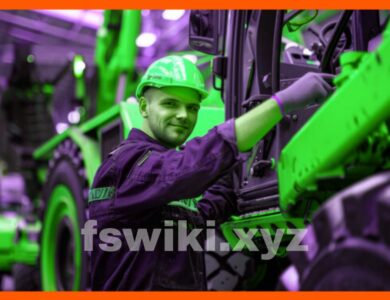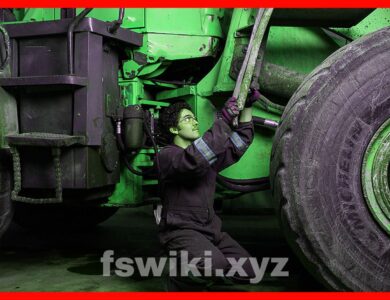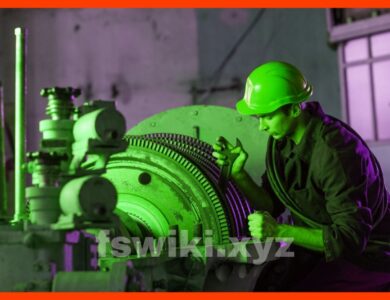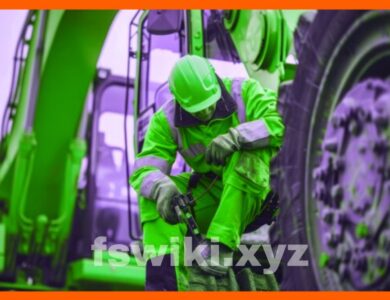Heavy Equipment
Heavy Diesel Mechanic Mastering the Heart of Heavy Machinery
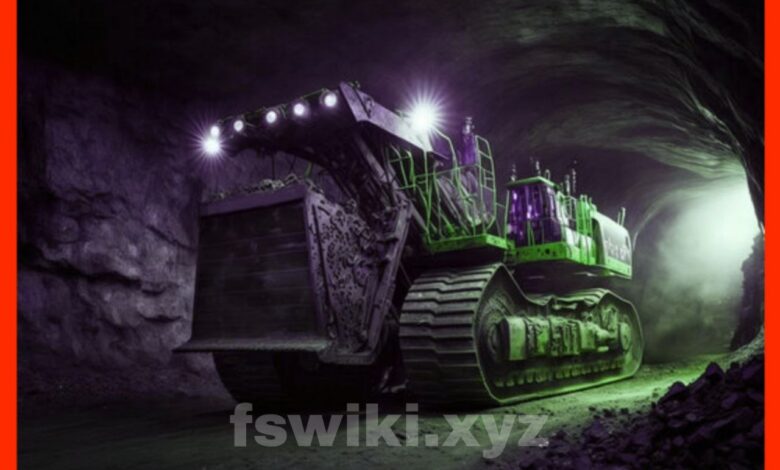
Heavy Diesel Mechanic Mastering the Heart of Heavy Machinery
When we think of heavy diesel mechanics, we’re talking about the unsung heroes who keep the world moving—literally. These are the professionals who dive into the guts of the most massive, powerful machines on Earth, making sure they run like well-oiled machines. Without them, industries would grind to a halt. So, what does it take to become a master of these mechanical beasts?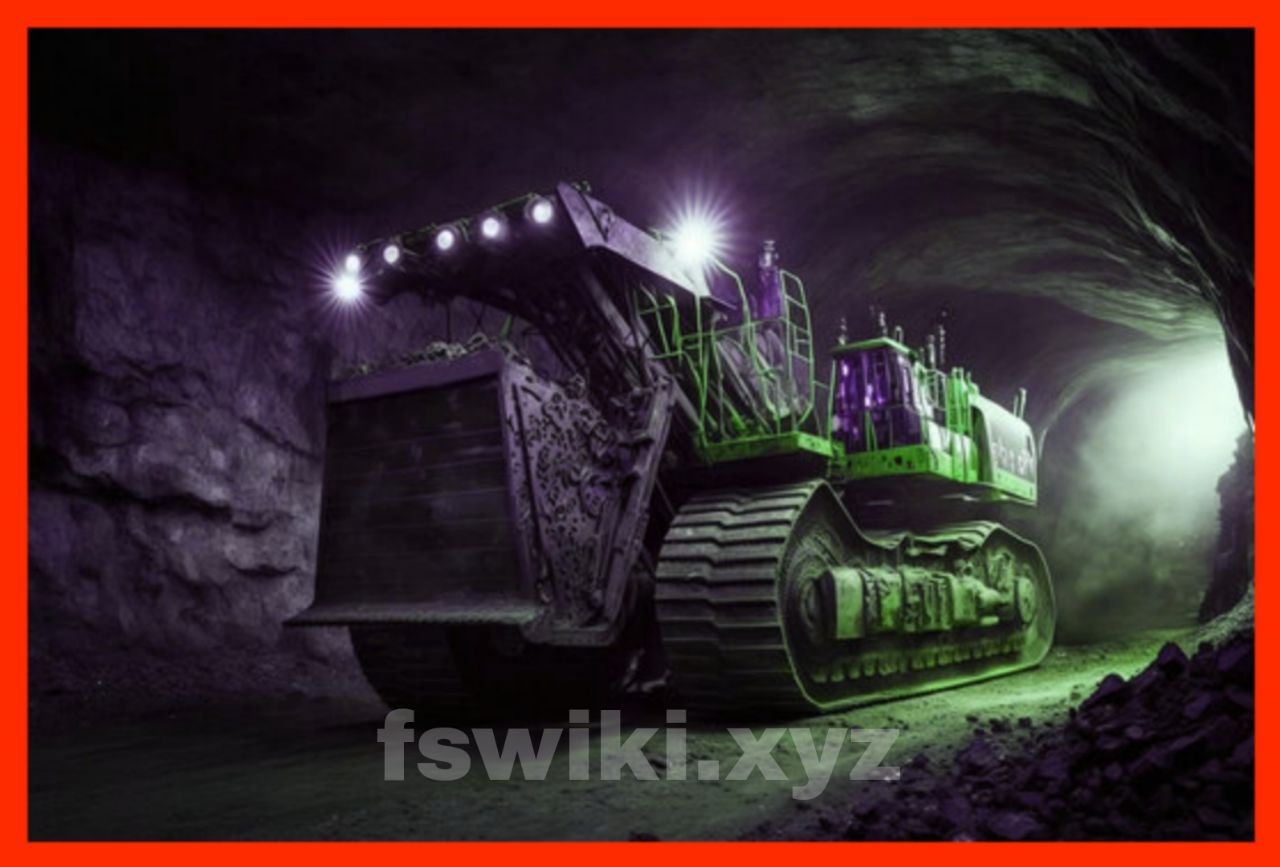
The Role of a Heavy Diesel Mechanic
Imagine this: a colossal Caterpillar D11 bulldozer, its engine roaring as it pushes tons of earth. But what happens when this titan breaks down? That’s where a heavy diesel mechanic steps in. Their job isn’t just about fixing what’s broken; it’s about preventing failures in the first place. These mechanics are responsible for the inspection, maintenance, and repair of diesel engines found in heavy equipment such as trucks, bulldozers, cranes, and more.Skills You Need to Dominate the Field
To thrive as a heavy diesel mechanic, you’ll need a specific set of skills:- Technical Knowledge: Understanding diesel engines, hydraulic systems, and electronic components is non-negotiable.
- Problem-Solving Ability: Every day presents a new challenge, and being able to think on your feet is crucial.
- Attention to Detail: Small issues can lead to big problems, so a keen eye is a must.
- Physical Stamina: This isn’t a desk job. You’ll be on your feet, lifting heavy parts, and working in tough environments.
- Communication Skills: Whether you’re explaining a repair to a client or working with a team, clear communication is essential.
“In the world of heavy diesel mechanics, your knowledge and your hands are your most valuable tools.”
Why Choose a Career as a Heavy Diesel Mechanic?
If you love working with your hands and have a passion for machinery, this career could be perfect for you. The demand for skilled mechanics is high, especially in industries like construction, transportation, and mining. Plus, the satisfaction of bringing a massive piece of equipment back to life is hard to beat.- High Demand: Industries rely on heavy machinery, and when they break down, they need experts to fix them—fast!
- Job Security: As long as there are machines, there will be a need for mechanics.
- Good Pay: Skilled mechanics are well-compensated for their expertise.
- Opportunities for Advancement: With experience, you could move into supervisory roles, training, or even start your own business.
Training and Certification
Becoming a heavy diesel mechanic doesn’t happen overnight. Most mechanics start with a high school diploma or GED and then move on to a technical school or community college. Here, you’ll learn about diesel technology, engine repair, and more. After that, many mechanics choose to earn certifications from organizations like the National Institute for Automotive Service Excellence (ASE).- Education: Technical schools offer specialized programs that cover diesel engines, electronics, and diagnostics.
- Apprenticeships: Hands-on experience is invaluable. Many mechanics learn on the job through apprenticeships.
- Certifications: ASE certifications, for instance, can boost your credentials and open doors to better job opportunities.
Challenges in the Field
Like any job, being a heavy diesel mechanic comes with its challenges. The work can be physically demanding and dirty. You’ll often find yourself in less-than-ideal conditions, working long hours to meet deadlines. But for those who love the work, these challenges are just part of the thrill.Tools of the Trade
A mechanic is only as good as their tools. From wrenches and sockets to diagnostic software, having the right tools is critical. Investing in quality equipment can make your job easier and improve your efficiency.The Future of Heavy Diesel Mechanics
As technology advances, the role of a heavy diesel mechanic is evolving. Today’s mechanics need to be familiar with computerized diagnostic systems and stay up-to-date with the latest in diesel technology. The future may even see more integration of electric and hybrid systems, meaning that mechanics will need to adapt and learn continuously.“In this field, you’re not just repairing machines; you’re preparing for the future of machinery.”Becoming a heavy diesel mechanic is not just a job; it’s a calling. It requires passion, dedication, and a relentless drive to keep the wheels of industry turning. If you’re looking for a career that challenges you, rewards you, and keeps you on your toes, this might just be the perfect fit.
URL Copied
